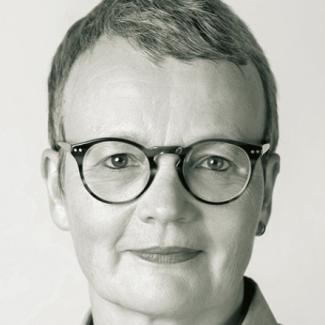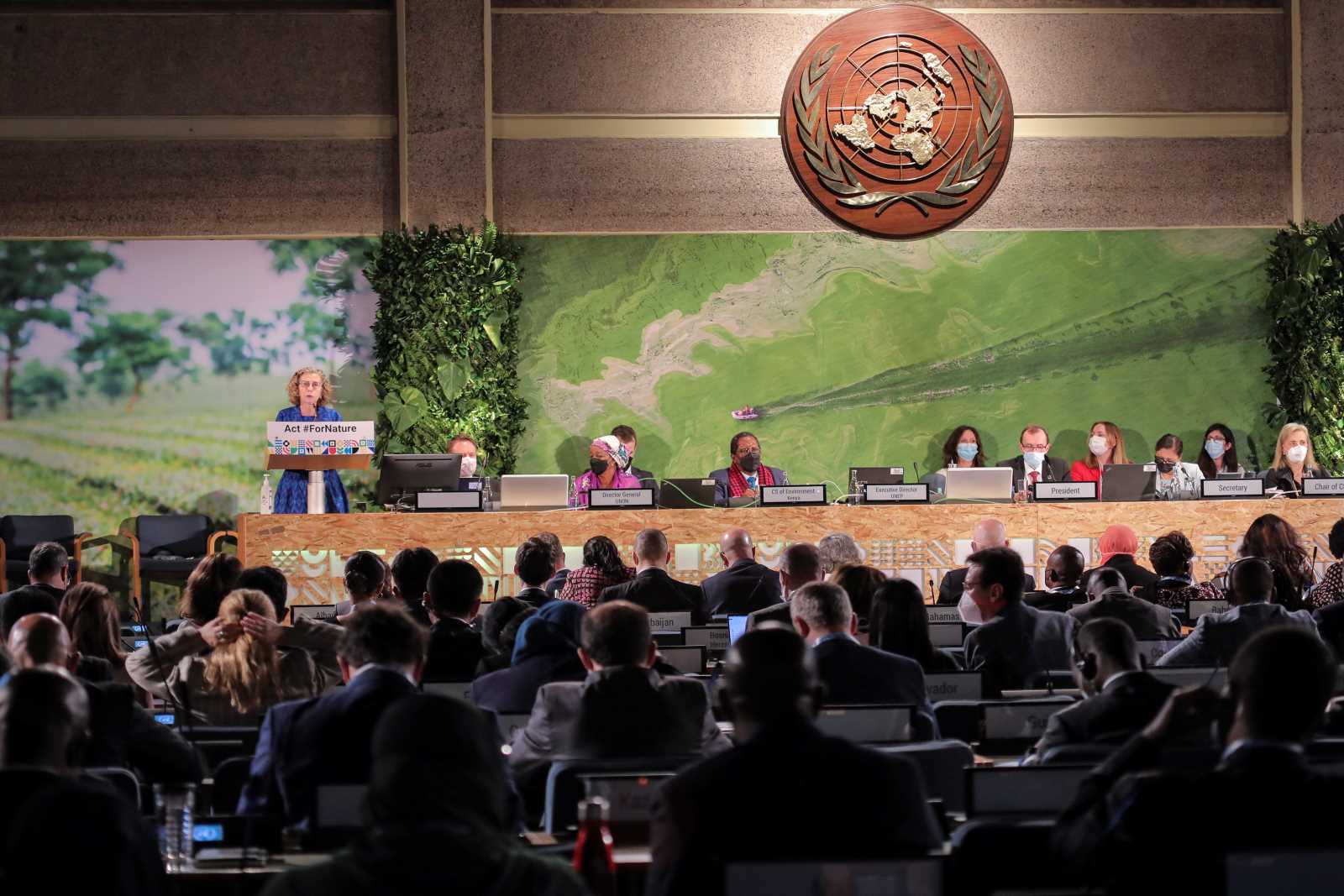SDGs
More effective partnerships

For more than 60 years the international community has engaged in development cooperation. Although great progress has been made, more needs to be done. It is frustrating that widely agreed principles of effective development cooperation are still not being generally applied. Major challenges include:
- conflicting policy goals at national and international levels,
- fast changing priorities at all levels,
- poor coordination of various parties and
- the fragmentation of efforts.
For humanity to achieve the SDGs, matters must improve. The SDGs were adopted in September 2015 by the UN General Assembly. They add up to a universal, transformative and inclusive global agenda that spells out what must be done to ensure environmental stability, safeguard peace and end poverty. Success will require better global governance, strong mechanisms of accountability and effective international cooperation.
To achieve this, partnerships are needed. However, the term “partnership” encompasses a wide range of approaches, structures and purposes. It is impossible to discuss this multitude as a homogenous whole. Moreover, experience tells us that more international partnerships do not automatically translate into more or faster progress.
To make partnerships work in practice, it is necessary to take into account the interests and priorities of the partners involved. It is essential to strike the right balance between the thorough debate and the ability to make fast progress on the ground. The requirements of accountability and flexibility both deserve attention.
The OECD’s Development Cooperation Report 2015 (DCR 2015) assesses empirical evidence and, on this basis, spells out 10 principles for good partnerships. For obvious reasons, it picks up the threads from the Global Partnership for Effective Development Cooperation (GPEDC), which resulted from a series of high-level forums on aid and development effectiveness from 2003 to 2011 (see box).
The DCR 2015 fully endorses the GPEDC insight that global development, and thus the SDG agenda, is not “government only” business, but needs “everyone everywhere” to do their jobs. In particular, the private sector must be involved because of its role concerning investments, job generation and the use of new technology. Indeed, this year’s DCR (DCR 2016) will assess the SDGs as “business opportunities”. At the same time, civil society matters for raising awareness, keeping a check on the public and private sectors and demanding effective global action.
The time when governments were considered the main drivers and financiers of development is over. The principles that guide partnerships must now apply to all relevant actors. This is feasible. The DRC 2015 sums up ten lessons to be learned:
- High-level leadership is needed. Unless top leaders become involved, it is impossible to overcome barriers to action, keep up political momentum and mobilise appropriate public and private resources.
- A good balance between global strategy and local priorities is essential. If partnerships are not country-led and context specific, they are unlikely to achieve their goals.
- Duplication and fragmentation of efforts must be avoided. Partnerships should be geared to reducing, rather than increasing complexity.
- Governance must be inclusive and transparent. All stakeholders must be informed adequately for decision-making, and their voices must be heard. This is the way to build the trust needed to deliver results.
- It is important to choose a partnership model that fits the challenge to be dealt with.
- There must be agreement on principles, targets, implementation plans and enforcement mechanisms. Shared principles result in motivation, and well-defined targets serve the purposes of implementation, reporting and monitoring. Soft enforcement mechanisms such as peer reviews provide opportunities for learning and are also valuable tools to assess and encourage progress.
- Roles and responsibilities must be defined unambiguously in order to ensure accountability.
- It is necessary to focus on results, not inputs. The ability to demonstrate a straightforward link between resources and outcomes helps to bring actors on board and to keep them committed.
- Progress towards goals and targets must be monitored. Solid data serves evidence-based decision-making and facilitates accountability.
- Sufficient financial resources must be mobilised and used effectively. Without reliable and predictable funding, partnerships can neither pursue long-term strategies nor spur innovation. Moreover, the pooled funds are an important incentive for joint action and reduce the risk of fragmentation.
These ten rules make obvious sense. That is not surprising, since they are rooted in the empirical evidence of 10 other case studies apart from assessing the GPEDC. The DCR 2015 also deals with:
- the Bill and Melinda Gates Foundations’ engagement in partnerships such as the vaccine alliance Gavi, the Global Fund to Fight AIDS, Tuberculosis and Malaria and others,
- the Global Partnership for Education,
- Sustainable Energy for All (SE4All),
- the Aid-for-Trade Initiative (AfT),
- the Effective Institutions Platform (EIP),
- the International Dialogue on Peacebuilding and Statebuilding (IDPS),
- the Partnership in Statistics for Development in the 21st Century (PARIS21),
- the Grow Africa partnership and
- Reducing Emission from Deforestation and Forest Degradation (REDD+).
If decision-makers stick to the principles listed above, the SDGs can be achieved. This is the way to start a virtuous circle of action, with good results leading to further commitment which again delivers good results. The alternative is business as usual, which is likey to result in a vicious circle of failure that undermines global governance, diminishes trust and delivers only very limited results.
Hildegard Lingnau wrote this essay in her capacity as senior counsellor at the OECD. She has since become the head of cooperation at the German Embassy in Kenya. This contribution reflects her personal views.
hildegard.lingnau@web.de
Link
OECD: Development Co-operation Report 2015 – Making partnerships effective coalitions for action.
http://www.oecd.org/dac/development-co-operation-report-20747721.htm















